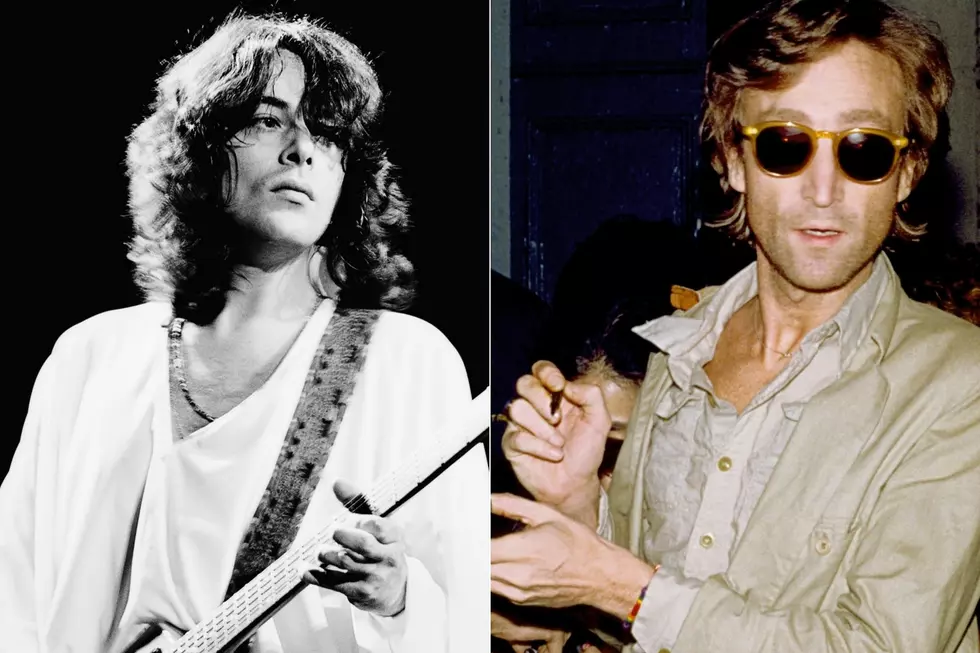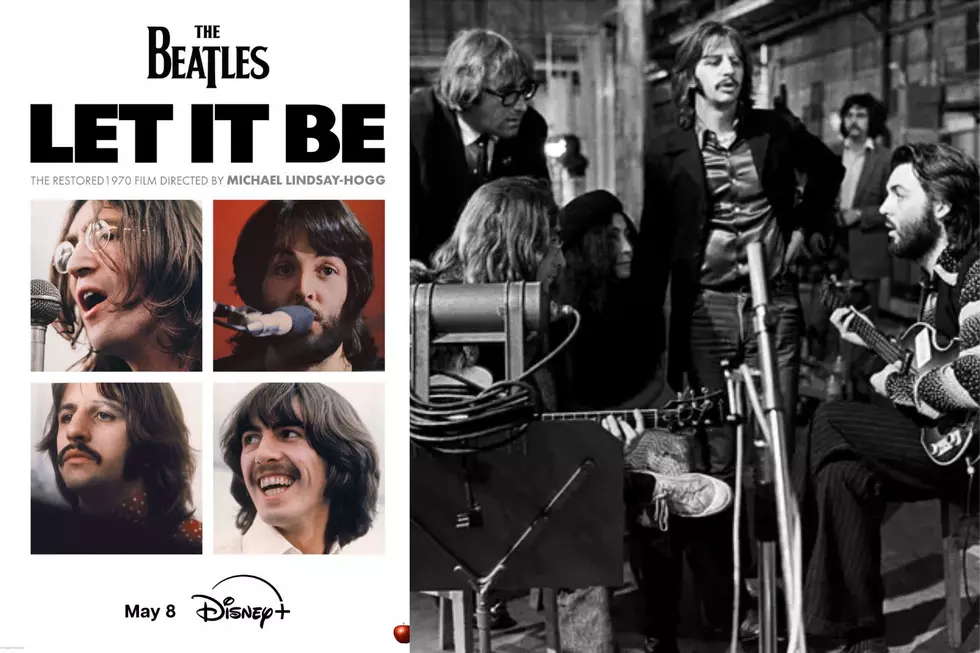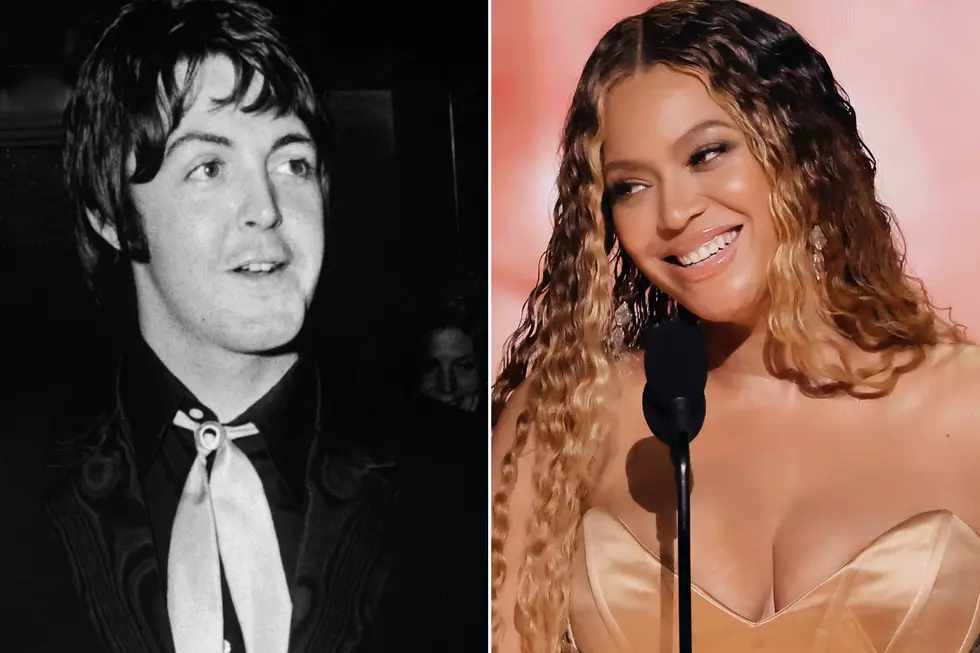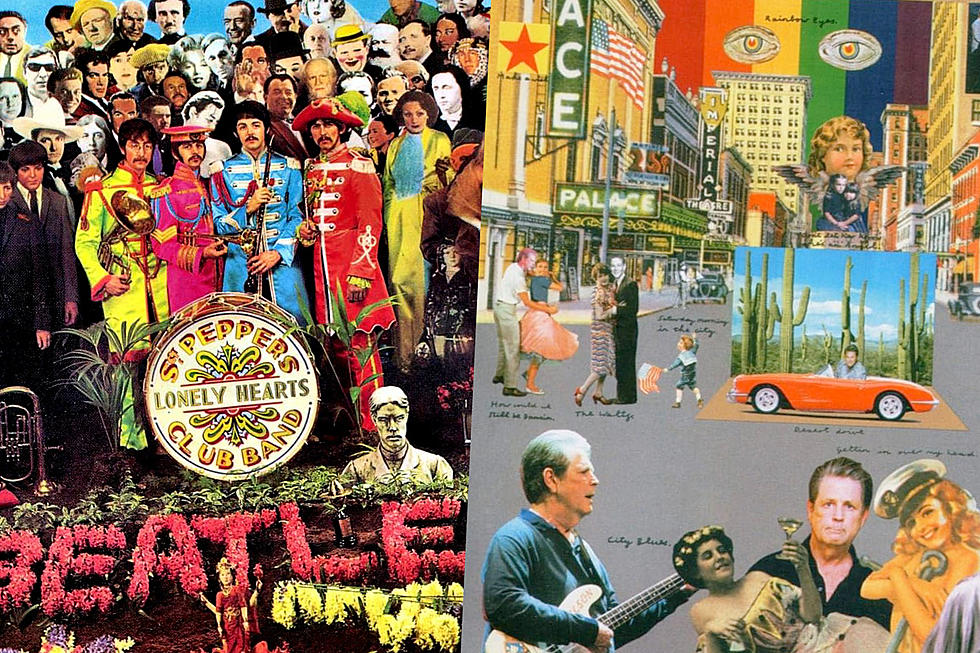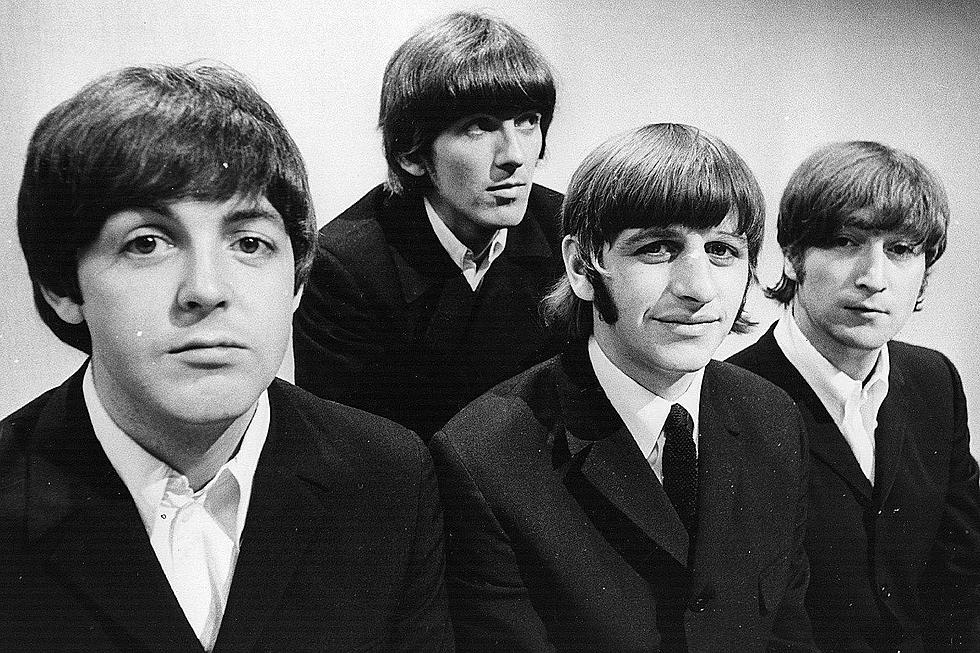
When John Lennon Said the Beatles Were More Popular Than Jesus
An article appeared in the London Evening Standard on March 4, 1966 that would eventually cause quite an uproar. Journalist Maureen Cleave was doing a series titled "How Does a Beatle Live?" and her encounter with John Lennon provided controversy that spread far beyond the London paper.
"Christianity will go," Lennon said. "It will vanish and shrink. I needn't argue about that. I'm right and I'll be proved right. We're more popular than Jesus now. I don't know which will go first, rock 'n' roll or Christianity. Jesus was all right but his disciples were thick and ordinary. It's them twisting it that ruins it for me."
The comments generated little response in Britain, but after U.S. teen mag Datebook reprinted the quote out of context months later, the controversy boiled over. Alabama disc jockeys Doug Layton and Tommy Charles of WAQY initiated a "Beatle Boycott" urging people to take their Beatles "records and paraphernalia" to designated places to burn them. The Beatles, and Lennon in particular, were momentarily the devil incarnate to the Bible Belt and beyond, just as they were about to begin a U.S. tour.
"John is deeply concerned and regrets that people with certain religious beliefs should have been offended in any way whatsoever," said Beatles manager Brian Epstein at a press conference. "I'm not anti-Christ or anti-religion or anti-God," Lennon argued in a separate press conference. "I'm not saying we're better or greater, or comparing us with Jesus Christ as a person, or God as a thing or whatever it is. I just said what I said and was wrong, or was taken wrong, and now it's all this."
He continued his explanation: "If I'd have said television is more popular than Jesus, I might have got away with it," Lennon said. "In reference to England, we meant more to kids than Jesus did, or religion at that time. I wasn't knocking it or putting it down I was just saying it as a fact and it's true more for England than here."
Lennon and the band survived the ordeal, and the tour went on as planned. But the controversy as a result of his statements, which included death threats, was one of the reasons why the Beatles decided to give up the road upon the tour's completion.
20 Altered Album Covers
Who Was the Fifth Beatle?
More From Ultimate Classic Rock
